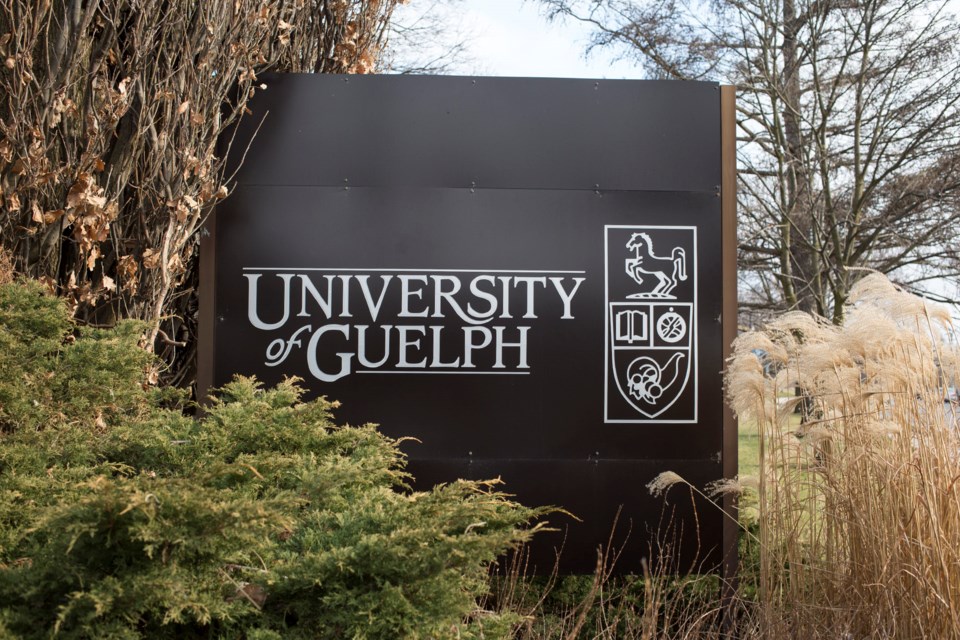A team of researchers at the University of Guelph are testing wastewater at campus residences to see if it can be used to detect outbreaks of COVID-19 before they occur.
Project leader, Prof. Lawrence Goodridge, and three other professors are collecting samples from individual manholes located by student and family housing, and at the university’s pilot wastewater treatment facility and the City of Guelph’s wastewater treatment plant.
These samples are reduced within a lab to increase the presence of viruses, which nucleic acid is drawn from for testing. This technique, called polymerase chain reaction (PCR), tells researchers about the number of viruses present within the sample, including detecting COVID.
“It’s a fairly accurate snapshot at the community level of the instance of a given disease.” says Goodridge about wastewater surviellance, “If the concentration increases significantly that would be an indication that some people are infected.”
“We can see indications of COVID in the wastewater at least a week before symptoms show up.”
One advantage for this kind of testing is that it allows for public health institutions to be notified sooner of an outbreak and enact protective measures earlier, like physical distancing, hand washing and wearing a mask.
“Generally when you talk about outbreaks, there’s really only one way public health officials know about it… is for a sick individual to go and seek help.” says Goodridge, “The problem with that approach is that it relies on the sick individual to seek medical help, which they may not for a number of reasons.”
“As opposed to waiting until someone with symptoms, by which point, they’ve probably already interacted with a large number of people, which is of course what we're seeing with COVID and then that's spread."
Goodridge adds that wastewater surveillance has been used to track outbreaks around the world, and is used at several universities in the United States to avoid outbreaks from happening on their campuses.
“They (the universities) have found the virus and have actually used this data to stop the outbreaks.” says Goodridge.
“From that alone, we know this works.”
With their research, Goodridge says it takes a couple weeks, or six sampling periods, before researchers can track the virus on campus. Goodridge and engineering professor Ed McBean, are working on developing a methodology to help their team better map outbreaks, and eventually teach others how to do.
“All this data will be shared with the public health officials to try to see how we can use this information more meaningfully to make decisions.” says Goodridge, “It serves as a model on how to do this for other diseases.”
Goodridge and the other professors involved will continue to conduct wastewater surveillance throughout the school year. However, Goodridge adds due to its importance in understanding virus transmissions for future outbreaks, researchers will continue to test samples until the pandemic is over.
“We need to learn from lessons from what happened here." says Goodridge, "If we have ongoing surveillance, we can deploy much of what we learned here earlier, and we can stop the disease from taking such a foot-hold in Canada, and therefore decrease illness, and death and interruptions to everyday life.”
